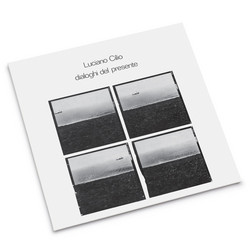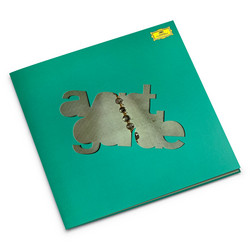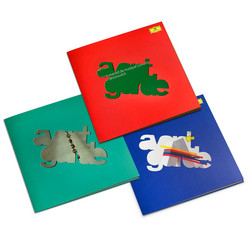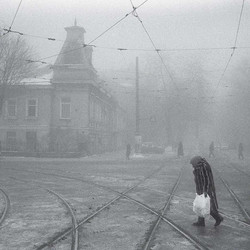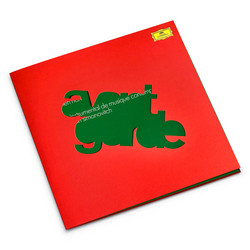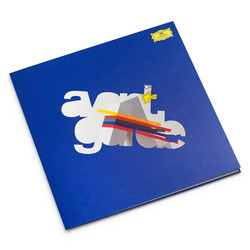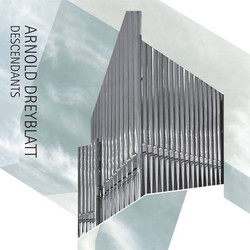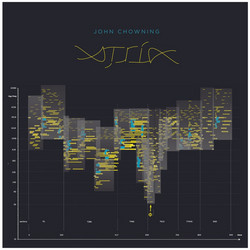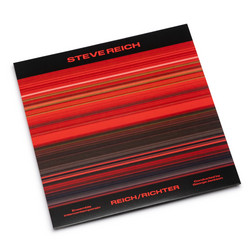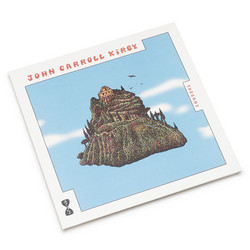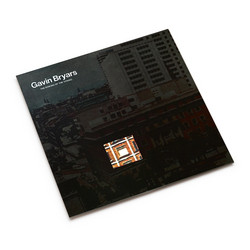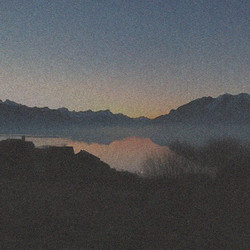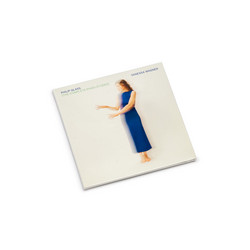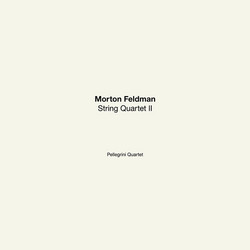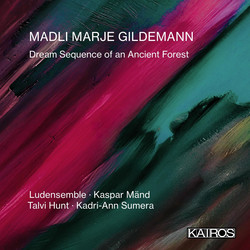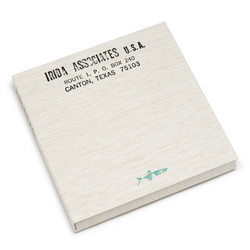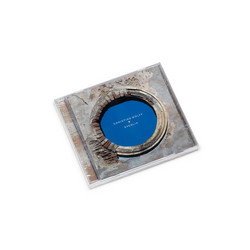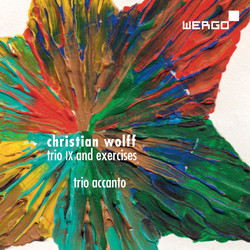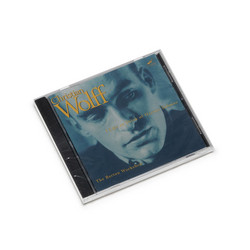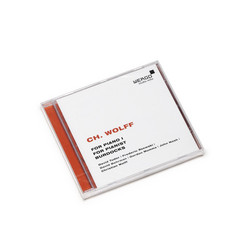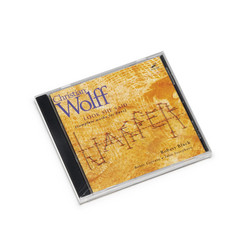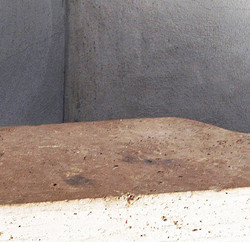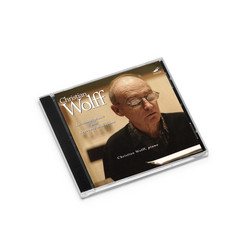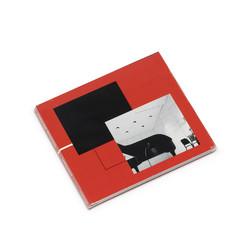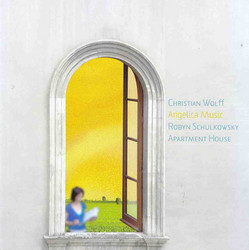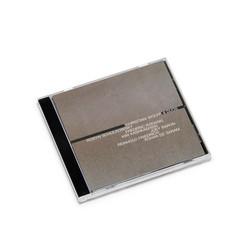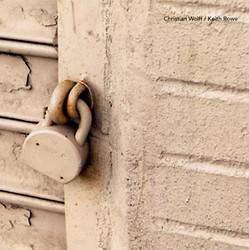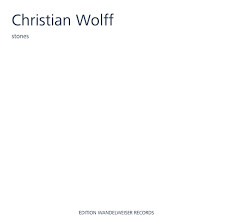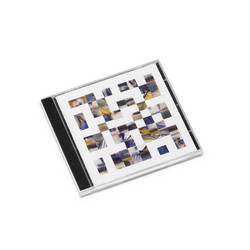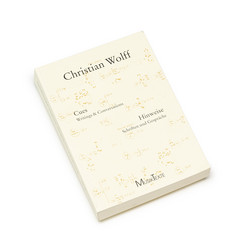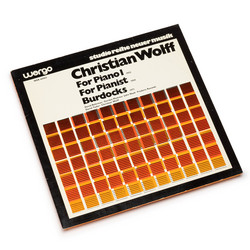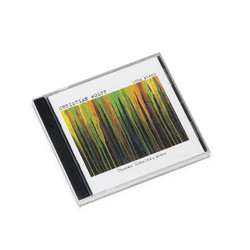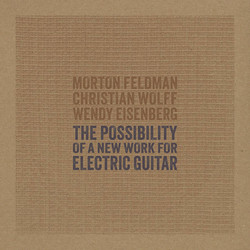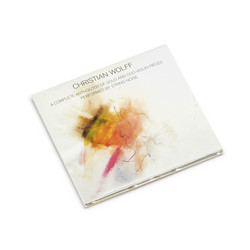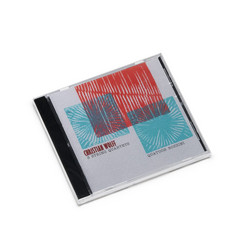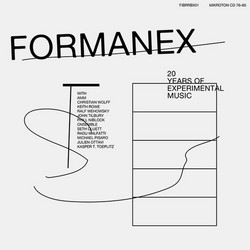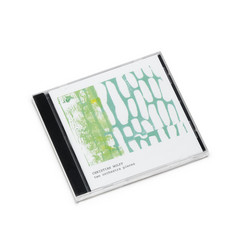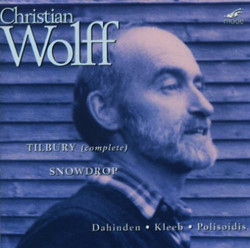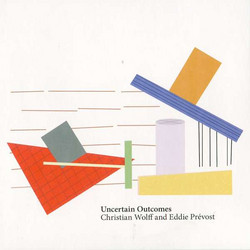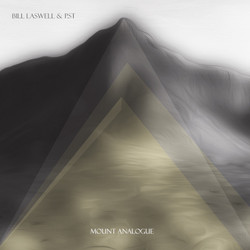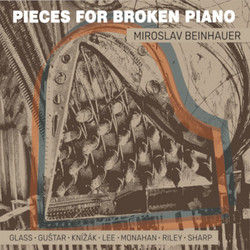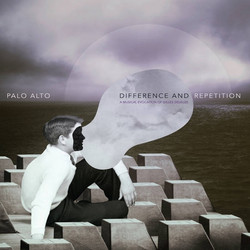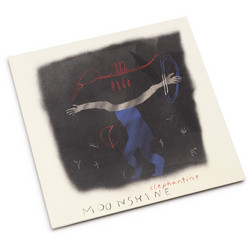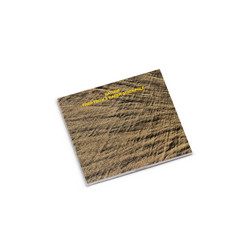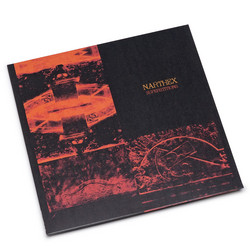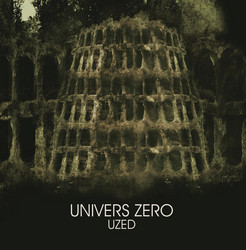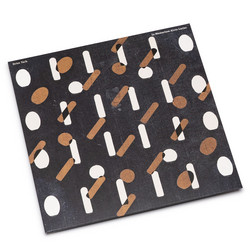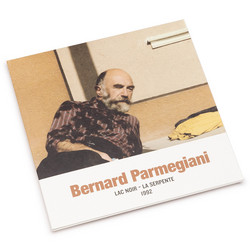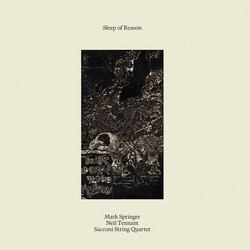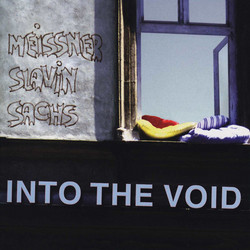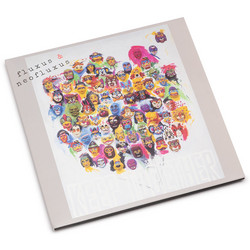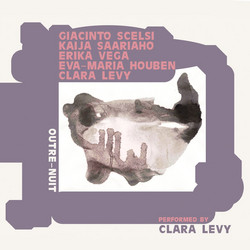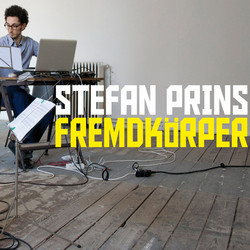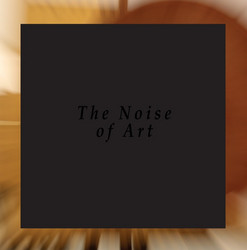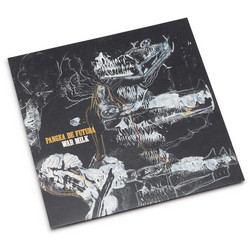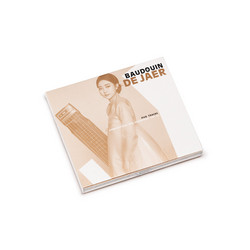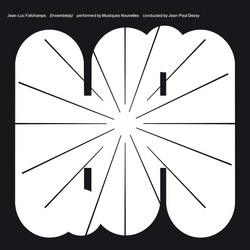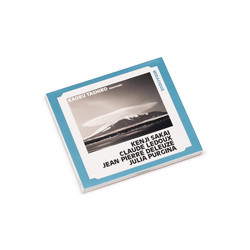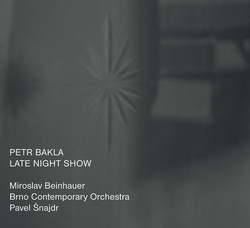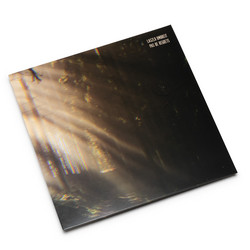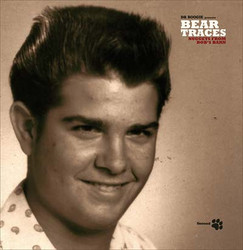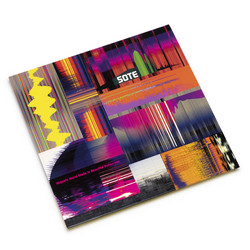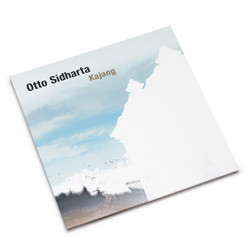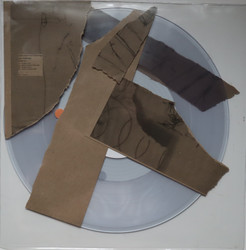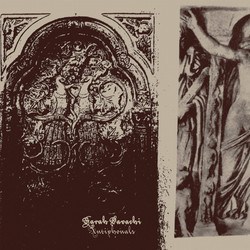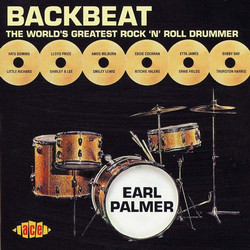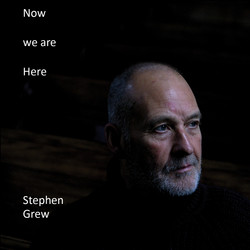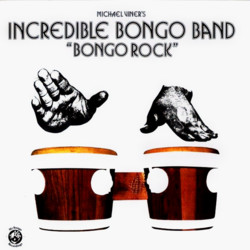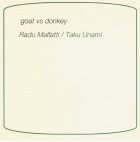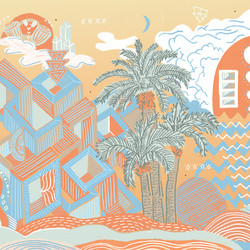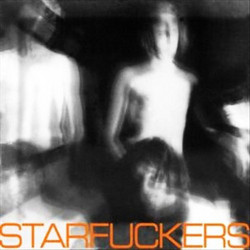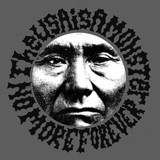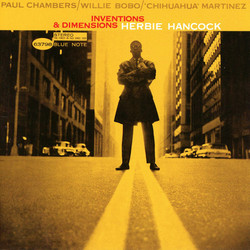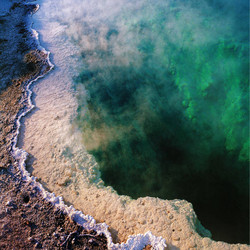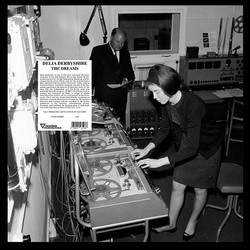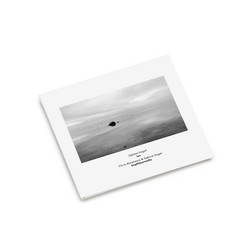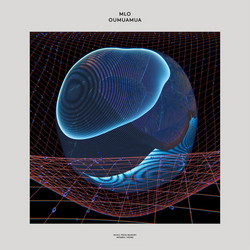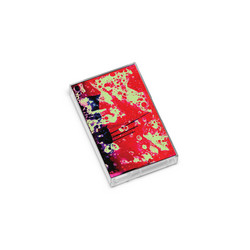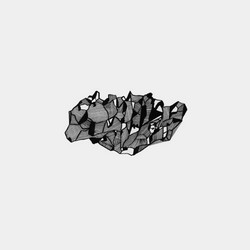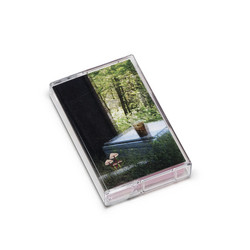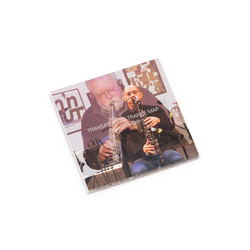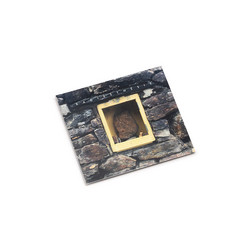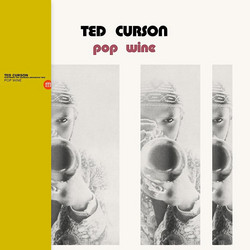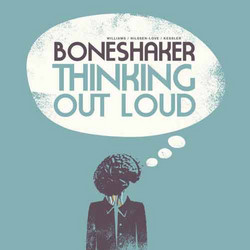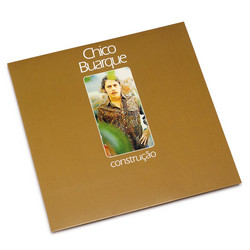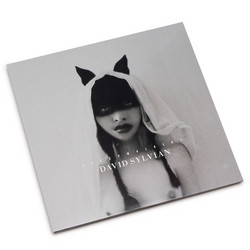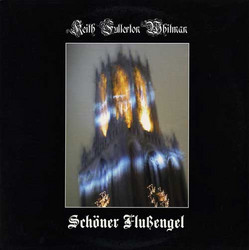1
2
Christian Wolff
Preludes, Variations, Studies and Incidental Music (2 CD)
These two discs reveal Christian Wolff as a composer fully exploring, in different ways, the continuum between music which is highly fragmented, embracing extended silences [composed or indeterminate], to that which is more progressive and seemingly driven, albeit taking in disarming and unconventional routes. As a body of repertoire, these works are remarkable for their freshness of musical thought and energy (John Cage considered Wolff to be the most 'musical' of the experimental composers).
Christian Wolff Christian Wolff was born in Nice, France, to the German literary publishers Helen and Kurt Wolff, who had published works by Franz Kafka, Robert Musil, and Walter Benjamin. After relocating to the U.S. in 1941, they helped to found Pantheon Books with other European intellectuals who had fled Europe during the rise of fascism. The Wolffs published a series of notable English translations of European literature, mostly, as well as an edition of the I Ching that came to greatly impress John Cage after Wolff had given him a copy. Wolff became an American citizen in 1946. When he was sixteen his piano teacher Grete Sultan sent him for lessons in composition to the new music composer John Cage. Wolff soon became a close associate of Cage and his artistic circle, which included the fellow composers Earle Brown and Morton Feldman, the pianist David Tudor, and the dancer and choreographer Merce Cunningham. Cage relates several anecdotes about Wolff in his one-minute Indeterminacy pieces.
Philip Thomas (b.1972, North Devon) specialises in performing experimental notated and improvised music as a soloist and with leading experimental music group Apartment House. Recent solo projects have included premiere performances of works by Michael Finnissy, Howard Skempton and Christian Wolff; programmes of Canadian and British experimental music; a 12-hour performance of Cage's electronic music for piano; and a survey of Christian Wolff's piano music. His recent acclaimed recordings of John Cage's Winter Music, two2, and concert for piano and orchestra have led to a website, set of apps and book about Cage's concert [see cageconcert.org). He is currently Professor of performance at the University of Huddersfield, co-director of Cerenem, and co-editor of Changing the System: the music of Christian Wolff [Ashgate publishing, 2010].
Christian Wolff Christian Wolff was born in Nice, France, to the German literary publishers Helen and Kurt Wolff, who had published works by Franz Kafka, Robert Musil, and Walter Benjamin. After relocating to the U.S. in 1941, they helped to found Pantheon Books with other European intellectuals who had fled Europe during the rise of fascism. The Wolffs published a series of notable English translations of European literature, mostly, as well as an edition of the I Ching that came to greatly impress John Cage after Wolff had given him a copy. Wolff became an American citizen in 1946. When he was sixteen his piano teacher Grete Sultan sent him for lessons in composition to the new music composer John Cage. Wolff soon became a close associate of Cage and his artistic circle, which included the fellow composers Earle Brown and Morton Feldman, the pianist David Tudor, and the dancer and choreographer Merce Cunningham. Cage relates several anecdotes about Wolff in his one-minute Indeterminacy pieces.
Philip Thomas (b.1972, North Devon) specialises in performing experimental notated and improvised music as a soloist and with leading experimental music group Apartment House. Recent solo projects have included premiere performances of works by Michael Finnissy, Howard Skempton and Christian Wolff; programmes of Canadian and British experimental music; a 12-hour performance of Cage's electronic music for piano; and a survey of Christian Wolff's piano music. His recent acclaimed recordings of John Cage's Winter Music, two2, and concert for piano and orchestra have led to a website, set of apps and book about Cage's concert [see cageconcert.org). He is currently Professor of performance at the University of Huddersfield, co-director of Cerenem, and co-editor of Changing the System: the music of Christian Wolff [Ashgate publishing, 2010].
Details
Cat. number: SR 480CD
Year: 2019
